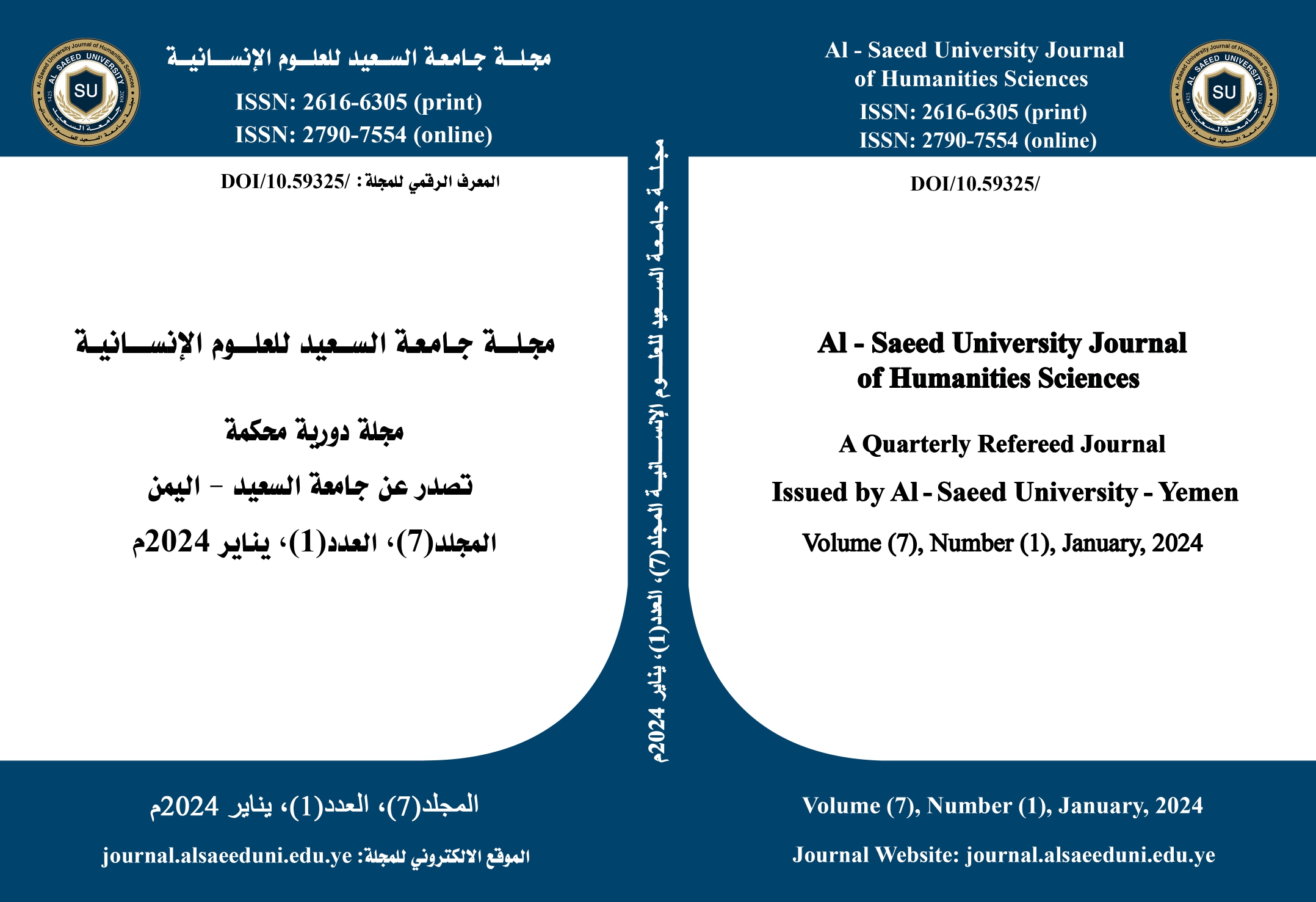The Role of Regional Human Rights Instruments in the Protection and Promotion of Human Rights
DOI:
https://doi.org/10.59325/sjhas.v7i1.209Keywords:
United Nations, Human Rights, Regional Human Rights Instruments, Protocols, States PartiesAbstract
Many States in Africa, the Americas, and Europe have accepted binding regional human rights obligations and international monitoring in addition to the United Nations Charter-Based system of human rights protection, which is applicable to all States, and the United Nations Treaty-Based system, which is only applicable to States parties. In the context of this paper, regional human rights regimes are seen as nested sub-regimes of international human rights practice that are comparatively coherent on their own. The European Convention on Human Rights and Fundamental Freedoms (1950), the Inter-American Convention on Human Rights (1969), and the African Charter on Human and Peoples' Rights (1981) are the three regional human rights documents that are examined. This paper scrutinizes the circumstances leading to the establishment of the regional human rights enforcement mechanisms, the nature and scope of rights and guarantees, and safeguarding procedures under these instruments. It, in fact, examines whether the enforcement mechanisms are, consistent with State sovereignty, and whether they are gradually enhancing the promotion of fundamental human rights and freedoms.
Downloads
Published
How to Cite
Issue
Section
License
copyright is retained by the authors. Articles are licensed under an open access Creative Commons CC BY 4.0 license, meaning that anyone may download and read the paper for free. In addition, the article may be reused and quoted provided that the original published version is cited. These conditions allow for maximum use and exposure of the work.



